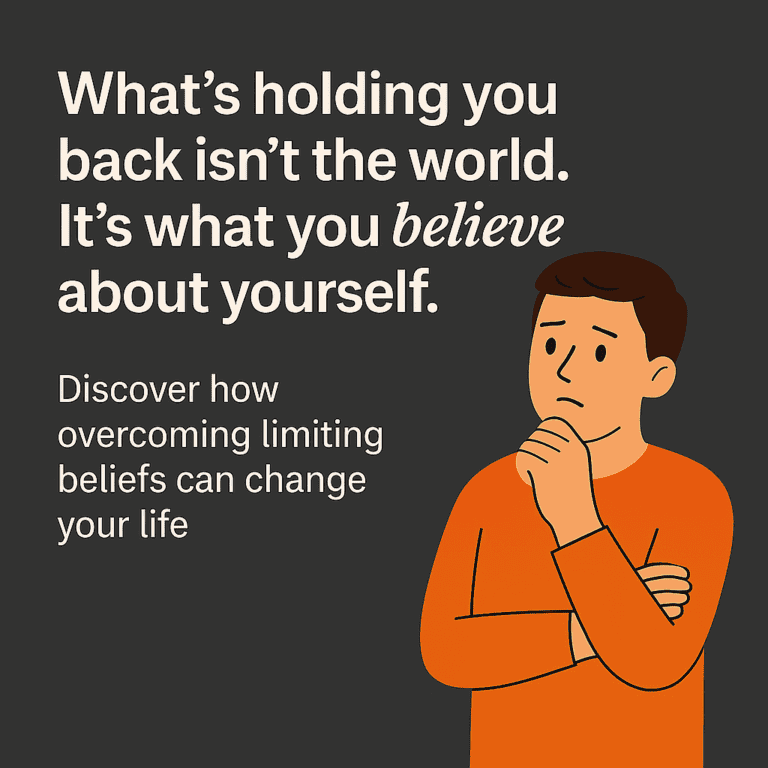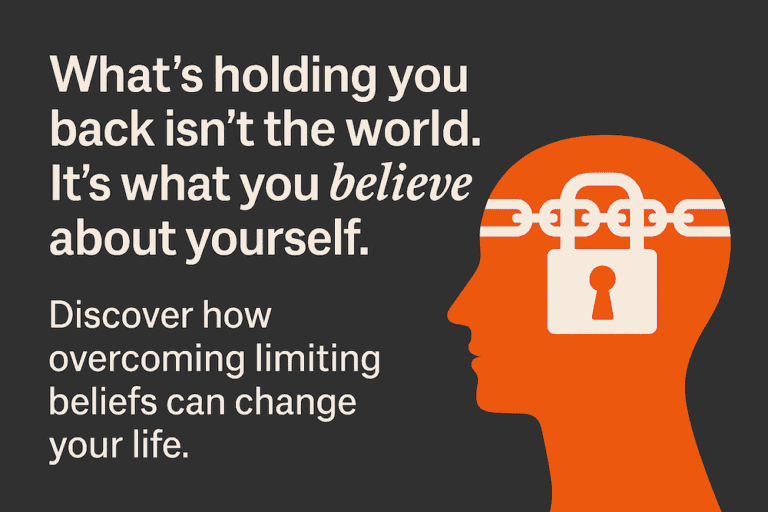How To Be A Better Person and A Better Friend
If you truly want to learn how to be a better person, you should also try to learn how to be a better friend. They certainly go hand in hand, don’t you think? Here is what we’ll cover in this post:
1. Commit quality time to your friendships
2. Communicate honestly
3. Demonstrate your trustworthiness
4. Support your friends in the ways they need
5. Celebrate the good times (theirs and yours)
Table of Contents

“What Is A True Friend? A Single Soul Dwelling In Two Bodies.” ~ Aristotle
Martin Ward | July 9, 2019
A Therapist’s Perspective on being a better person and a better friend…
Friendship is identified as one of the important psychological needs we have as a human according to Abraham Maslow’s Hierarchy of Needs.
Maslow’s theory points out how friendship helps meet our needs for belonging, connection, and intimacy. In this way, finding ways to develop and strengthening friendships can contribute to a life well-lived.
Quality friendships offer us connection, mutuality, and support. To quote both Maslow and Carl Rogers – founder of Person-Centered Therapy – friendship can help us towards “self-actualization” – being the best human we can be.
Being a better friend can help us to develop better friendships and, in turn, enrich our lives as a whole.
This article provides a valuable insight into how you can better get in touch with the wonderful person you are, so you are more able to be a better friend.
Becoming a better person and better friend
By actively valuing our friendships and working to make them better, we can develop those qualities that will also make us better people overall.
Here are some helpful tips.
1. Commit quality time to your friendships
2. Communicate honestly
3. Demonstrate your trustworthiness
4. Support your friends in the ways they need
5. Celebrate the good times (theirs and yours)
We’ve all been through challenges and experienced various degrees of hardship in our lives.
These difficulties always present us with opportunities for growth and give us the chance to become better people as we deal with challenges in a healthy and productive way.
Relationships of all kinds are often the focal point of the difficulties in our lives. We’re a social species and we depend on relationships for our well-being.
Family, friends, romantic partners, and professional relationships are all an integral part of life, so it’s only natural that when problems arise in any relationship, they have a major effect on our happiness and health. Continued…

eBook
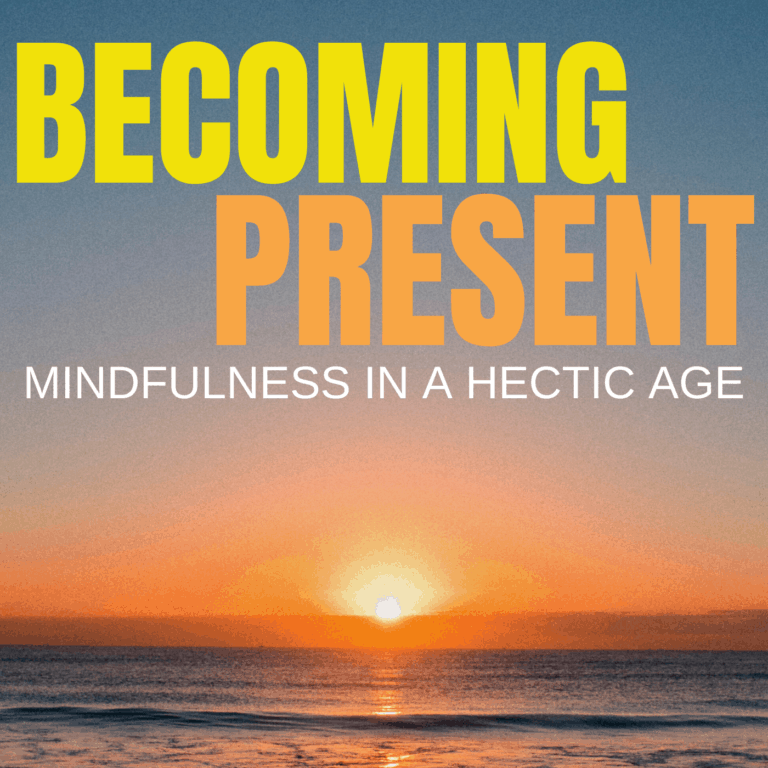
Audio eBook
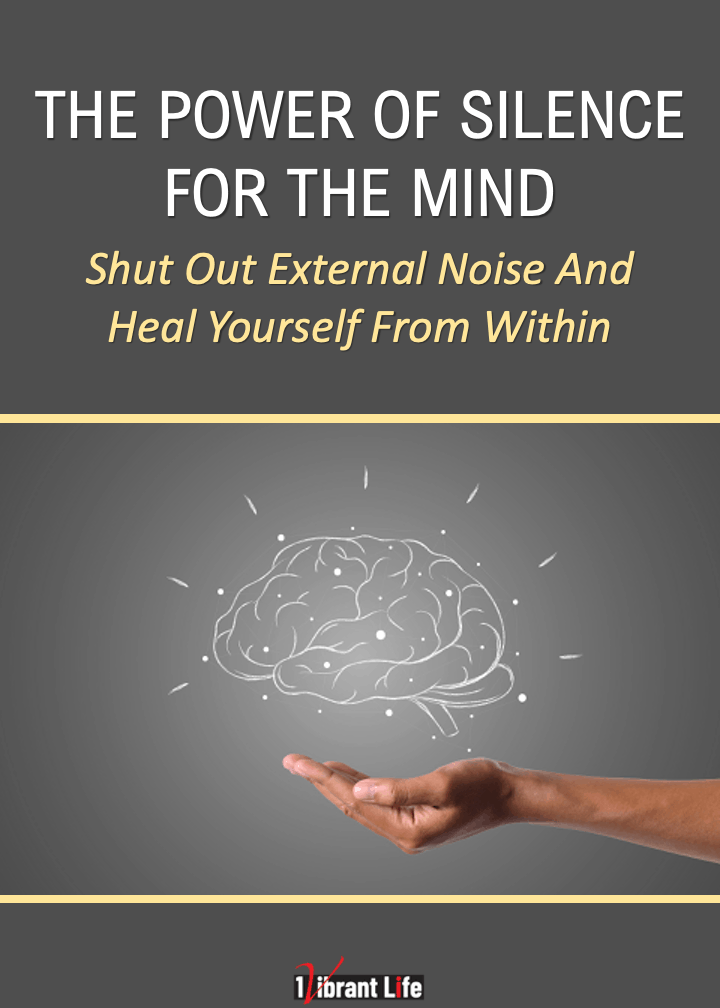
eBook
Three personal growth tools for you as a gift for visiting 1VibrantLife.com
We all understand how important it is to maintain a healthy relationship with a romantic partner, that family can be difficult but are so valuable, and that smooth working relationships are necessary for our careers.
Sometimes, in dealing with all of that as well as simply getting through our day-to-day activities, it’s easy to neglect the importance of friendships.
Good friends are a refuge; they’re the people who are there for you in difficult times, and often they’re the ones we turn to when we’re struggling with other important relationships in our lives.
Maintaining the friendships that are important to us means that we’ll always have our friends to turn to when times are hard, as well as having people to celebrate with when things are going well.
We’ve got a great post on making new friends and keeping your old friends close.
Here are some simple ways to build and maintain friendships and become a better person and a better friend.
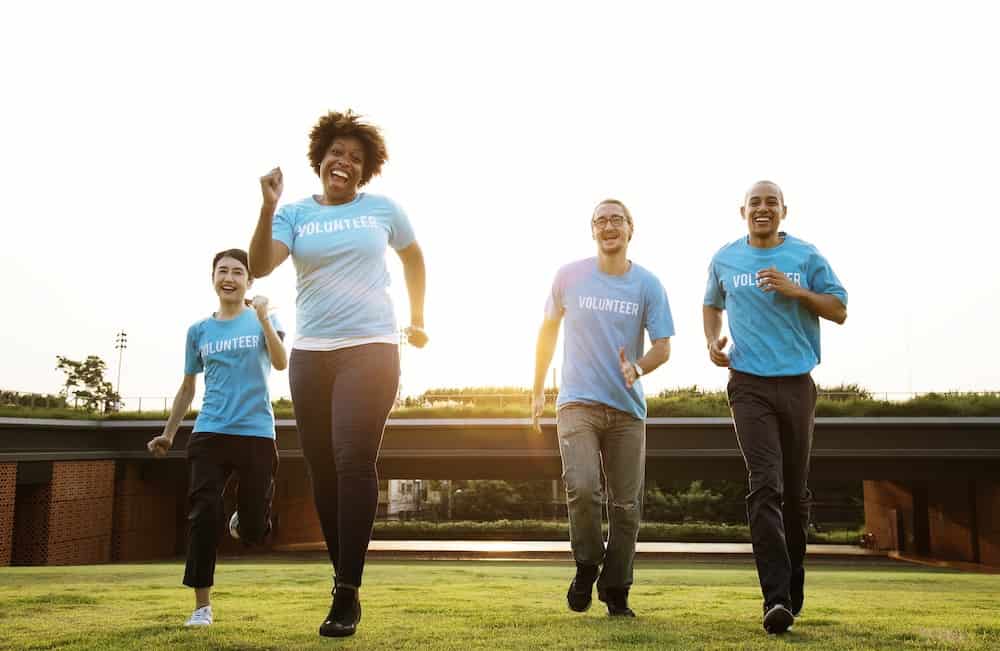
Commit quality time to your friendships
The most important thing you can give to any relationship is your time. It’s very easy to feel “too busy” to spend time with friends, but if a friendship is important, it’s important to find time for it in your schedule.
You don’t have to plan an out-of-town weekend or host a party; even just taking a few minutes to send a text to someone you haven’t heard from in a while can make a big impact.
If there’s an activity you already do regularly, invite a friend with similar interests to join you.
If you regularly reach out to your friends, they’ll know that you’re someone they can turn to for anything.
When you are spending time with a friend or friends, do your best to actually be present. If you’re a workaholic, practice setting work aside completely, even if it’s just for a short time.
Don’t make the conversation about your work and ask about your friend’s life instead.
Leave answering that email for later instead of taking time away from your friend, even if it would just take a minute.
It’s no fun for your friends to feel less important than whatever’s on your phone, so turn off notifications for an hour while you sit and chat over coffee. That time to really connect is going to make all the difference.
Communicate honestly
Open and honest communication is important for all relationships. Some friendships are naturally very close and open—if you have a best friend that knows all your secrets, you already know how important communication is.
Not all friendships need to be the kind in which you tell each other everything, but honesty is important even in more casual friendships.
If someone has been acting in a way that makes you uncomfortable, you have a couple of options. You can avoid them, which is stressful and awkward for you, and may end up hurting and confusing them.
Or you can talk to them, let them know why you’ve been feeling uncomfortable, and see if there’s anything that can be done to rectify the situation.
Starting a conversation can be scary, but most of the time, people who truly want to be your friend will be open to hearing what you have to say.

Demonstrate your trustworthiness
If you’re trying to be a better person and a better friend, one of the ways you can support your friendships is by committing to sticking up for your friends and supporting them.
This may sound obvious, but there are many ways that we end up being unsupportive even if we don’t notice.
The first thing to do is refrain from excessive gossiping. If you’re always talking about one friend with another, you’ll develop a reputation as someone that isn’t very trustworthy.
Talking about a mutual friend might feel like a way to connect with someone, but it easily can become a messy situation if the mutual friend finds out, and even if they don’t, it’s a flimsy source of connection.
Being trustworthy is the first step toward being the kind of friend that people can turn to when they need support.
If a friend is going through a difficult situation in their life, you can make sure that they know you’re there for them if they need anything, but if you’ve been untrustworthy before, they’re unlikely to take you up on your offer.
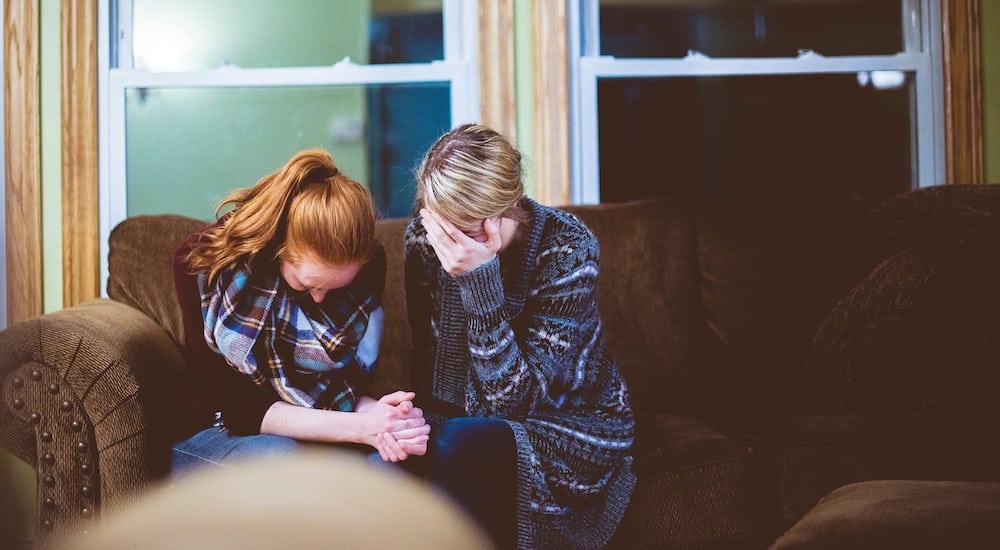
Support your friends in the ways they need
When it comes to offering support, the most important thing to do is listen. Sometimes just listening to them is all the support someone needs. But even if there’s more that you can do, listening is the first step, because it’s the best way to find out what they really need.
Often we have an idea about what we think someone needs, but unless we really listen, we may be basing our ideas on what we would want in their situation, and it may not be the same thing that they want.
Even if you’re pretty sure you know what kind of support someone needs, it never hurts to ask. If you can, offer something specific, rather than the generic “is there anything I can do?” because that’s easy to answer with a simple “thanks, I’m okay.”
Remember that it can be hard for people to accept help. “I can pick up some groceries on my way over – what do you like to have on hand?” or “I’d like to babysit sometime so that you and your partner can have a date night – is there a time that would be good?” are more specific and thoughtful.
You might also check out our post on how to live with more happiness and joy and if you think that information might be of some help for your friend, pass the link along to them.

Celebrate the good times (theirs and yours)
While it’s important to be there for your friends when they’re having a hard time and to be able to confide in them when you’re struggling, it’s just as important to celebrate the good times together.
Sharing the good times with friends is a great way to strengthen those relationships, which will help them remain strong when things get tough.
If you’ve heard some good news about a friend you don’t see very often, give them a call or send them a message to let them know you’ve heard and that you’re happy for them.
That kind of consideration will demonstrate that friendship is important to you and that you notice when things happen in your friend’s life.
If someone asks about you, don’t be shy about sharing the good news. People like to know that their friends are doing well.
If someone is having a hard day, talking about some good news can often be a welcome relief. Sharing happy occasions with friends is a way to let them know that they are special to you.

My Name is Marty Ward and I’m the creator and publisher of the 1-Vibrant-Life blog.
At the age of 26, in 1984, I was injured in a car accident in which I sustained a traumatic brain injury.
At the time of the accident, I was having a fairly successful life as a musician in Chicago, which included a recent appearance on Star Search 84′ with Ed McMahon and preparing to be included in a group major independent recording contract.
However, after my accident, I was unable to perform or play my instrument. I was out of work and I had lost all confidence in myself and my abilities, felt lost and with no direction.
My injury and my recovery led him down a path of self-improvement, and self-discovery which gave me my life back filled with many amazing experiences and a newfound sense of hope. Learn more about my story on the 1-vibrant-life about page.
CBTCP Certification (Cognitive Behavioral Therapy Certified Practitioner) | 10-16-2021 Certification From The Academy of Modern Applied Psychology, in The Transformative Science of Cognitive Behavioral Therapy, CBT

Claire Law is a UK-based Counsellor and Psychotherapist from Preston, Northern England. Claire became a therapist after a career of almost two decades of High School teaching experience. She’s also worked extensively in the Social Care and Charity Sectors, and as a Mental Health Advisor in Higher Education. Claire combines her current Psychotherapy practice with freelance writing on Mental Health, Wellbeing and Psychology topics. She has a passion for Social Justice and environmental causes.
Claire holds a degree from Nottingham University, a Post Graduate Certificate in Education from Leeds Trinity University College and a Post Graduate Diploma in Integrative Psychotherapy from the University of Central Lancashire. She’s completed a wide range of extensive training and certifications in Domestic Abuse, Survivors of Sexual Abuse & Sexual Violence, Suicide and Self-Harm, Expressive Arts Therapy, Gender Variance, Online and Telephone Counselling and Polyvagal Regulation developed by Stephen Porges, a professor of psychiatry at the University of North Carolina and “Distinguished University Scientist” at Indiana University.

